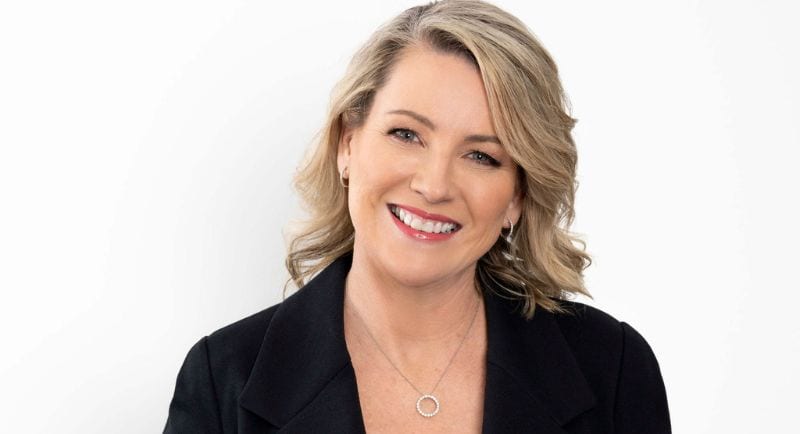By Leisa Goddard, managing director of Adoni Media
Artificial intelligence has infiltrated nearly every facet of our lives. From virtual assistants to data analysis, AI has proven its prowess in various fields. However, when it comes to journalism, communications, and public relations (PR), the human touch remains irreplaceable.
Having worked as a journalist for more than 30 years, I have witnessed the evolving landscape of news reporting, where technology has undoubtedly played a significant role in streamlining processes and enhancing efficiency. Yet, despite the advancements in AI, there are fundamental qualities that machines simply cannot replicate.
One of the fundamental aspects of journalism is the ability to understand and interpret complex human emotions. AI lacks the inherent empathy and emotional intelligence that human journalists bring to the table. Reporting on sensitive issues requires a nuanced understanding of the human experience, which AI, with its algorithmic nature, struggles to comprehend fully. Journalists navigate the intricacies of emotion, capturing the essence of a story with a depth that goes beyond the surface facts.
Communicating is not just about presenting information; it’s about storytelling. Humans have an innate ability to weave narratives that resonate with their audience on a personal level. While AI can generate content based on patterns and data, it lacks the creativity and intuition required to craft compelling and authentic narratives. The nuance, wit, and cultural context that a human brings to storytelling are elements that AI will never be able to emulate.
Public Relations professionals are also integral to the media landscape, acting as liaisons between organisations and the public. Building and maintaining relationships requires a delicate balance of strategy, intuition, and adaptability—qualities that are deeply rooted in human nature. While AI can analyse data to identify trends and patterns, it cannot replace the nuanced understanding of human behaviour and societal dynamics that a skilled communications professional possesses.
Crisis management, for instance, the ability to make split-second decisions and respond with empathy is crucial. AI lacks the intuition to gauge the emotional pulse of a situation accurately. The human touch in crisis communication involves not only understanding the facts but also anticipating public sentiment, addressing concerns, and instilling confidence—all in real-time.
The responsibility of truth-telling, unbiased reporting, and fostering transparency requires a moral compass—a quality inherently human. AI operates on algorithms and data, devoid of the ethical judgment and discernment that human journalists and communicators bring to the table.
While AI can certainly assist journalists and communication professionals by automating routine tasks and providing data insights, it will never replace the nuanced understanding, empathy, and creativity that define the essence of these professions. The future lies in a harmonious integration of technology and human expertise, where AI augments our capabilities without overshadowing the unique qualities that make us indispensable in the world of media and communication.
–
Leisa Goddard is the founder and managing director of Adoni Media. A leader in PR and communications, Goddard leads a team that collaborates a wide range of clients from charities and health to insurance and mining. She is an award-winning, Logie-nominated journalist who established Adoni Media in 2012 as a national PR, Media Training, and Crisis Communication Agency.
–
Top image: Leisa Goddard
